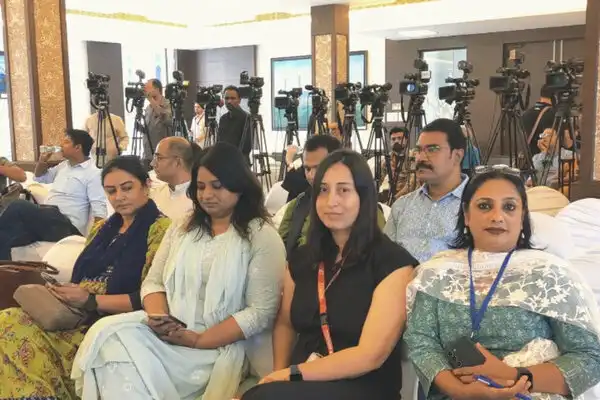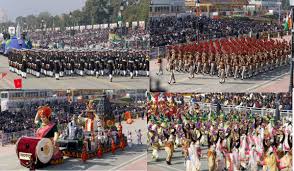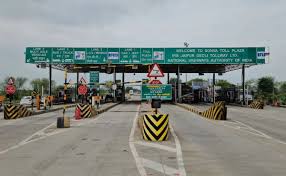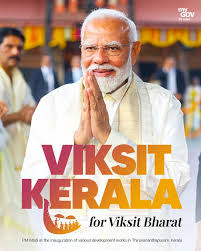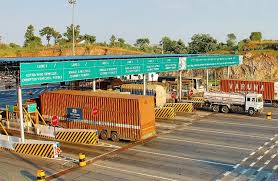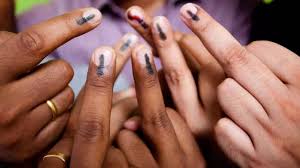Guwahati: Female journalists were seen occupying the front rows at Afghan Taliban Foreign Minister Amir Khan Muttaqi’s press conference in New Delhi on Sunday, following widespread criticism over their exclusion from his earlier media interaction held on Friday.
The second press conference, organised at the Afghan Embassy on October 12, came in the wake of strong reactions from Indian politicians and journalist bodies, who denounced the earlier event as an instance of gender discrimination taking place on Indian soil.
Mr. Muttaqi, who arrived in India last Thursday for a week-long visit, described the earlier exclusion of women journalists as “unintentional” and attributed it to logistical reasons. “It was more a technical issue,” he said, adding that the first briefing had been arranged on short notice with a “specific list of invitees.”
The Friday event, attended exclusively by male journalists, triggered a political and media outcry. Congress leader Rahul Gandhi accused the Modi government of acquiescing to the Taliban’s regressive practices, stating that by permitting such exclusion, the Prime Minister was “telling every woman in India that she is too weak to be stood up for.”
The Editors Guild of India, the Indian Women’s Press Corps, and the Network of Women in Media, India, issued a joint statement condemning the move as “highly discriminatory.” The organisations asserted that diplomatic conventions such as the Vienna Convention cannot be invoked to justify gender-based exclusion within Indian territory.
In response to the criticism, Mr. Muttaqi’s office issued fresh invitations for an “inclusive” press conference on Sunday. Sources indicated that Indian authorities may have intervened to ensure that women journalists were allowed to attend the second event.
During the interaction, Mr. Muttaqi was questioned on the Taliban’s stance on women’s education and employment in Afghanistan. “We have around 10 million students, including over 2.8 million women and girls,” he said. “Certain limits exist, but we have never declared women’s education as religiously haram [forbidden]; it has only been postponed until further notice.”
However, journalists at the event challenged the claim, citing restrictions imposed since the Taliban’s return to power in 2021, including the prohibition of schooling for girls above Grade 6, curbs on women’s employment, and their continued exclusion from public spaces.
